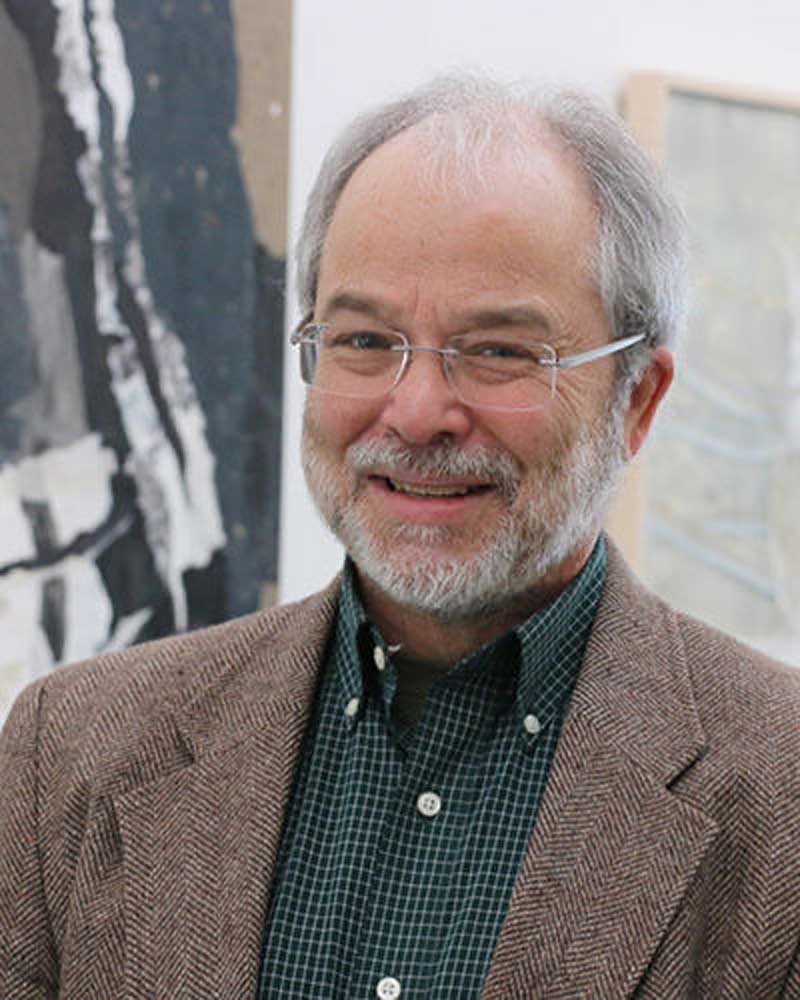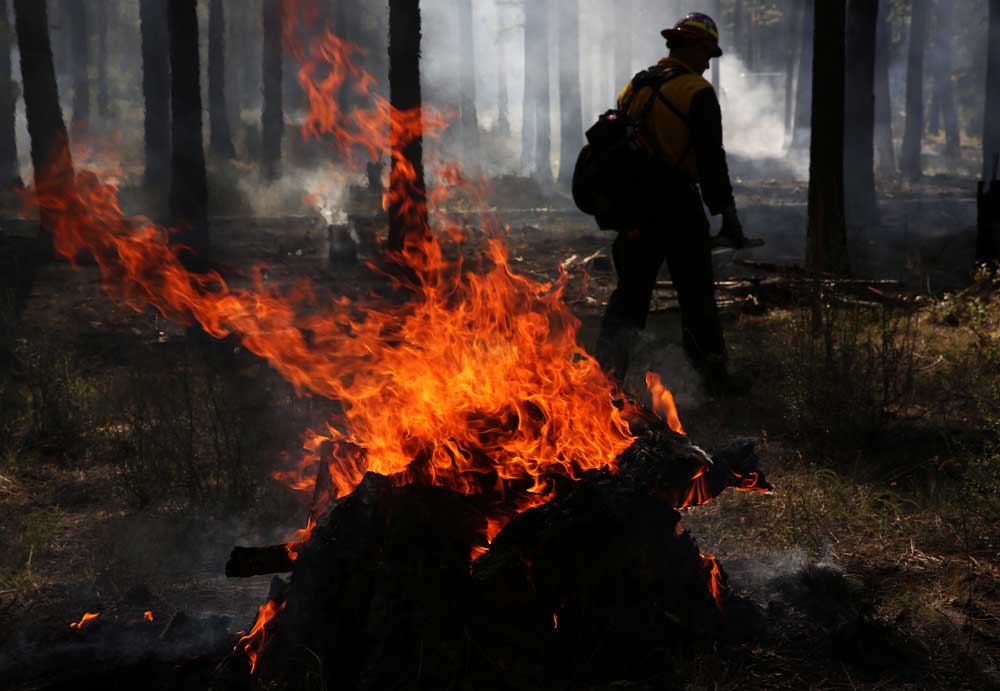Column: Doctorates in denial
Published 12:30 am Tuesday, September 5, 2023

- Steve Trotter
I was leading a small conference in Seattle. The audience was a mix of women and men each with their own experience and background. Some had a college degree, others did not. Some had multiple letters following their name. Some were professionals, most were not.
Partway through my first presentation I said “You realize, I expect, that each of us in this room has two doctorate degrees?”
Some had one they had earned. Perhaps one or two had two earned doctorates. Most had none. I got quizzical looks.
“We all have a doctorate in denial. We all have a doctorate in rationalization,” I said.
There was a moment’s pause, then laughter. Heads nodded; lips curved up in smiles. I expanded on those two higher education achievements we had all attained.
Starting at an early age we learn to deny what we don’t like or find difficult, or we can’t fit into the world we have created for our self. We turn to denial when cognitive dissonance occurs.
“Cognitive dissonance” is the state of unrest we experience when something new comes along that we’re not accustomed to or ready for. Eat well and rightly, exercise and live healthily, you don’t expect the doctor’s diagnosis when she says: “You have cancer.”
Your mind has been telling you that you’re healthy. You’re doing everything you should to avoid serious illness. Then that dreaded diagnosis comes and your brain can’t handle it. Accustomed to going north, it’s not ready for a turn south. The clash is uncomfortable, off-key, loud and abrasive: dissonant.
So your brain goes on the defense. “Ask for a second opinion; then a third. Make an appointment at the Mayo Clinic. Go to Portland and OHSU. This can’t be right, It must be wrong.”
Denial.
Understandable, of course. We do the best we know how at such moments.
Denial is a handy tool, so we use it. It buffers the pain of possible reality. It distances us from what that diagnosis could mean.
Visiting the Land of Denial on a tourist visa is OK. Applying for permanent resident status is not. Maturity demands that we remove our head from the sand and face unpleasant diagnoses. Expand that: unpleasant ideas; unpleasant people; unpleasant anything. Rationalization is the highly developed technique we all have to explain things in a way that makes us feel good or better.
I’m in the Bi-Mart parking lot and see a wallet on the ground beside my car. Picking it up I can’t help but peek inside, noticing the thick wad of $20 bills.
“I’m running a bit short of late,” I think. “I could use the cash. Buy some groceries. And a few other things I need.” I look around. No one is watching. I tuck the wallet into the pocket of my car door, close the door and give it no more thought.
I rationalized stealing the money in the wallet someone had lost. Someone whose identification was at hand. Someone who was probably fretting and worried.
We deal with denial and rationalization every day. It’s easy to see in others; more difficult to notice in ourselves.
Political figures demonstrate both behaviors with regular frequency. For example, the evidence is overwhelming that the 2020 presidential election was not stolen, that fraud was so minimal it didn’t matter.
But most every day a politician or her “spokesperson” (“mouthpiece”?) denies the evidence and rationalizes the politician’s words and behavior. Denial and rationalization aren’t picky: every politician, every political party or movement practices both. Almost constantly.
What do we do? First, look in the mirror for more than a few seconds. Summon up some courage and ask yourself: “What am I denying in my life and outlook? What choices or behaviors do I justify through rationalization?”
If you’re normal, you’ll find a list. Perhaps, with luck or skill, it’s a short list.
Confronting denial and rationalization requires a simple tool, a tool most people have: Look at the evidence, speak the truth.
If we can tell ourselves the truth, we can live in reality rather than our illusions. If we examine the evidence behind politicians’ claims, we can separate truth from lie. Catching our own denial, we can develop skills to deal with the dissonance we face and live with greater integrity and congruency.
Acknowledging our rationalizations, we can move forward, finding ways to live honestly, without having to generate excuses.
Some of us have a college degree. Some have a master’s degree. Some have a doctorate. Some have none. We each can add our name to the list of those holding TWO doctorates, at least. Then we each can do the work of getting rid of both.








